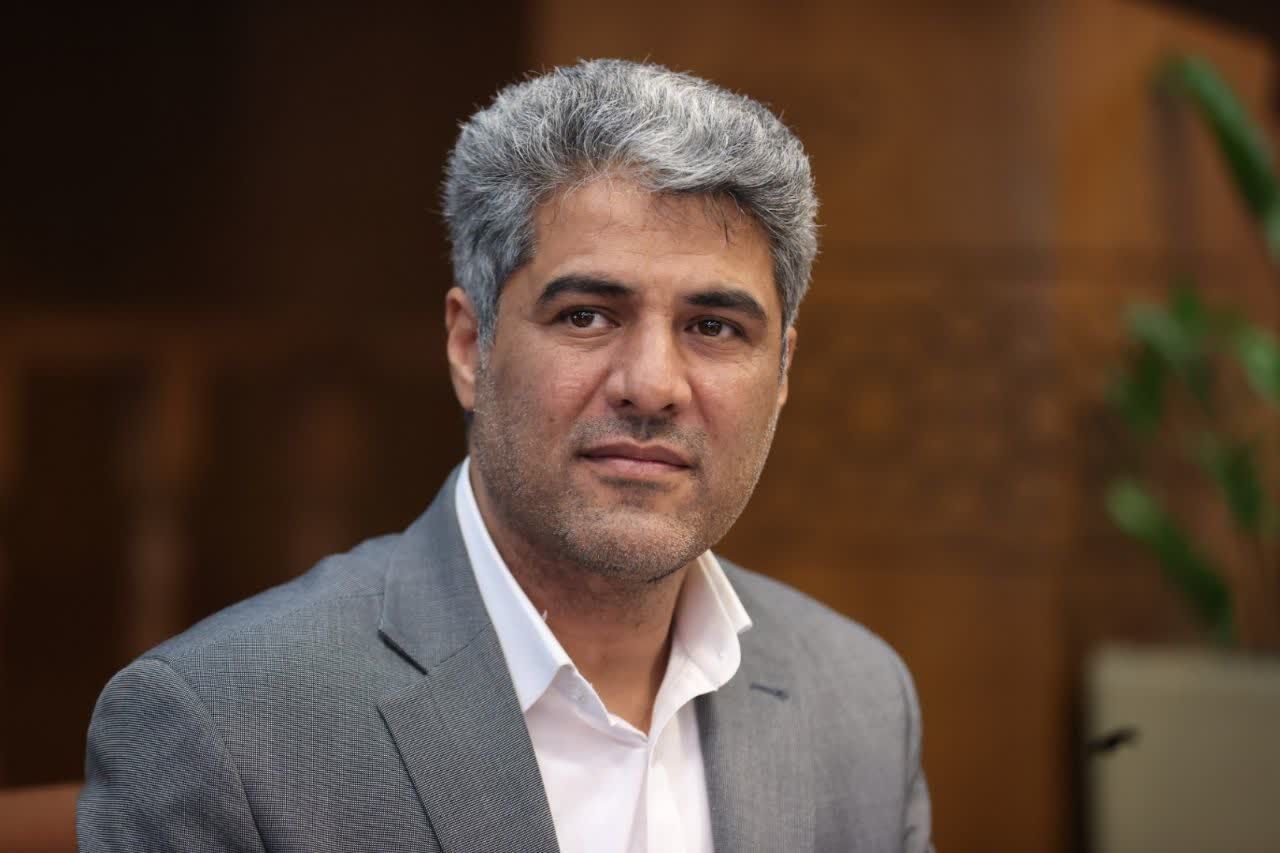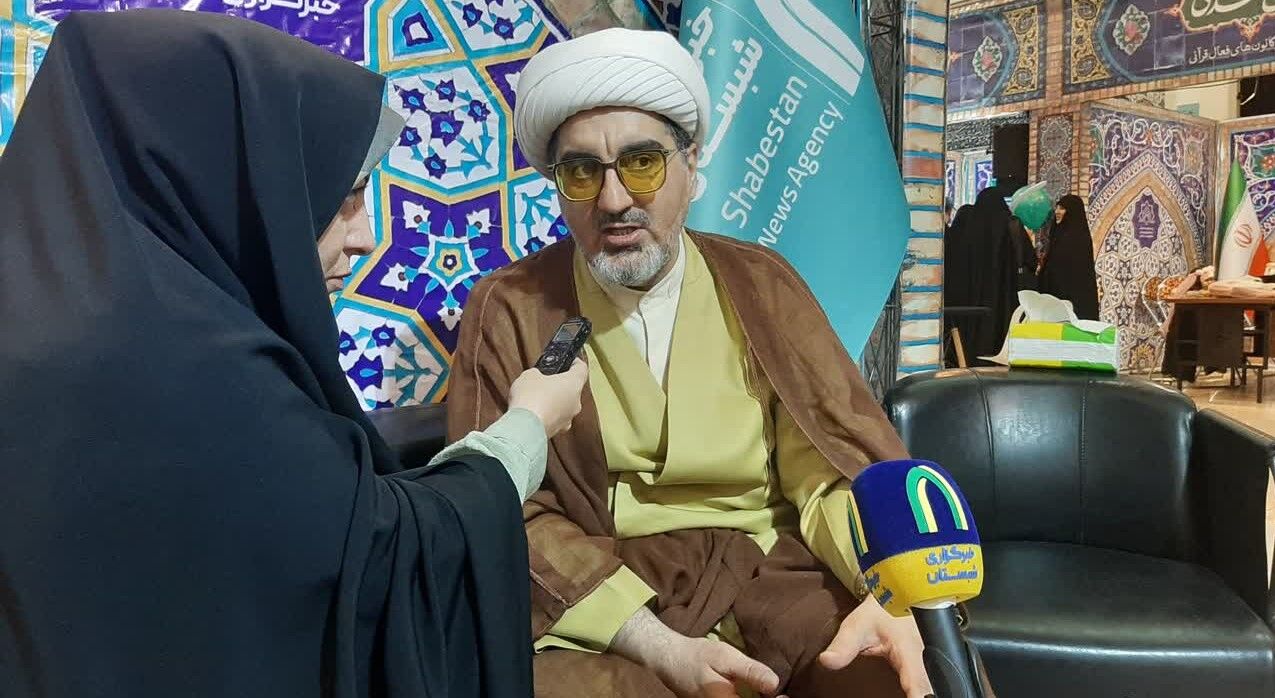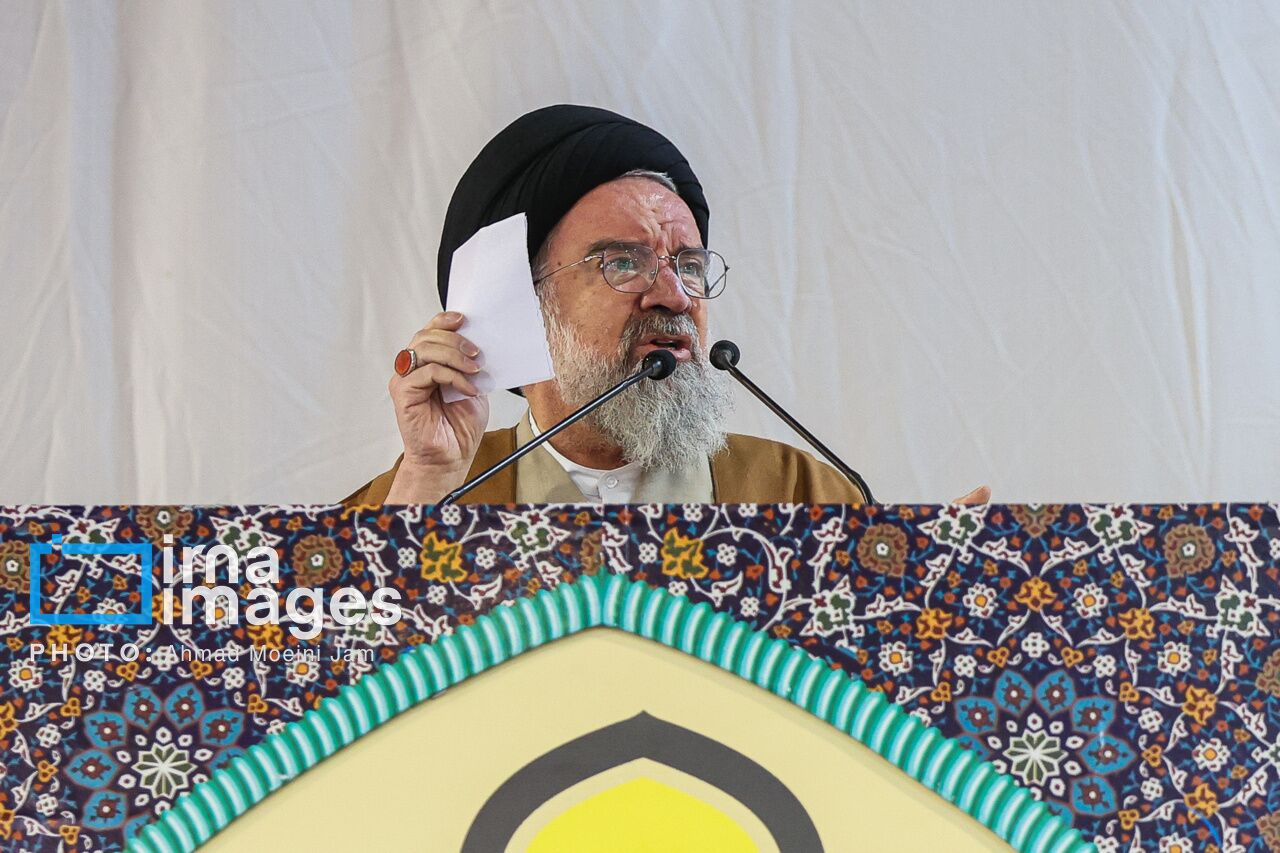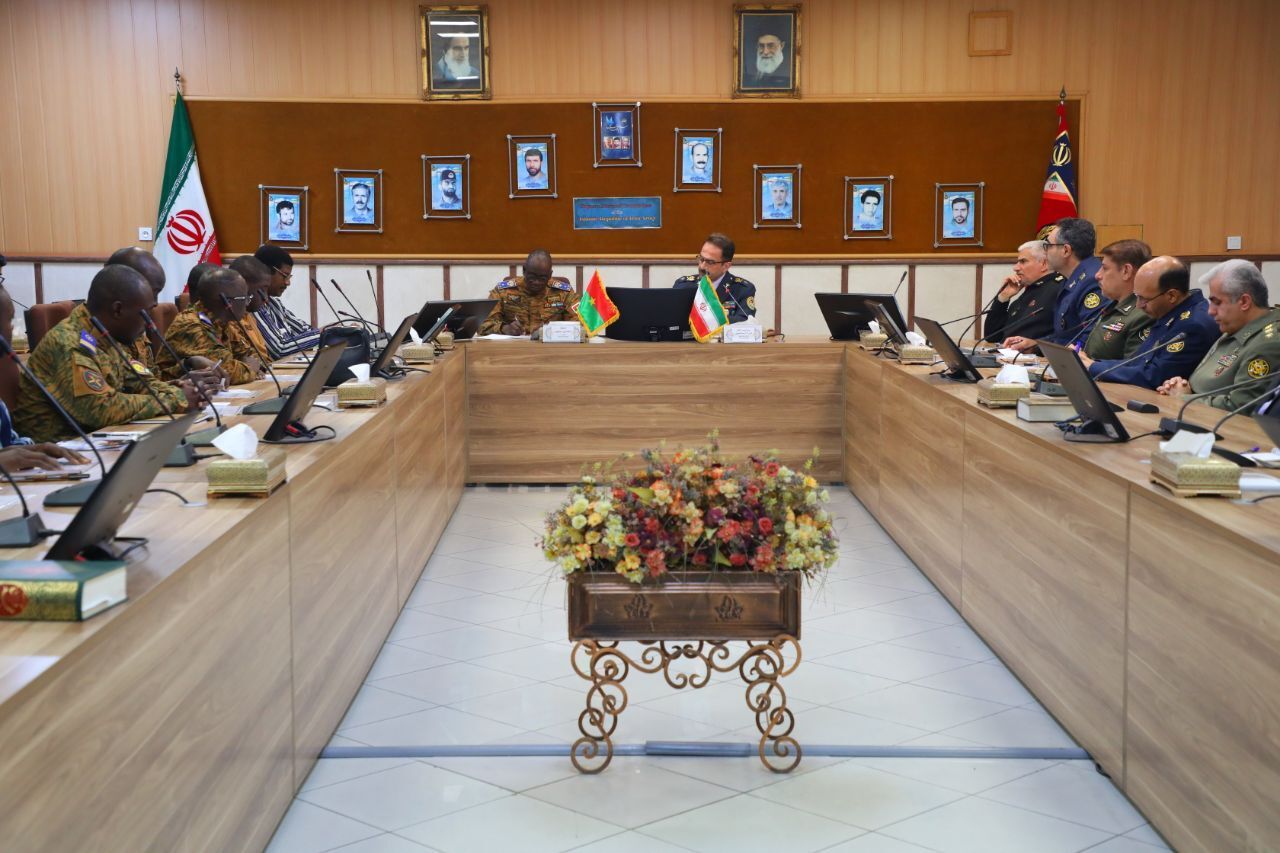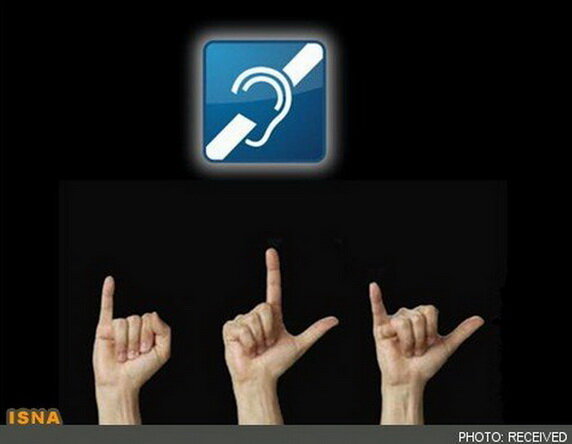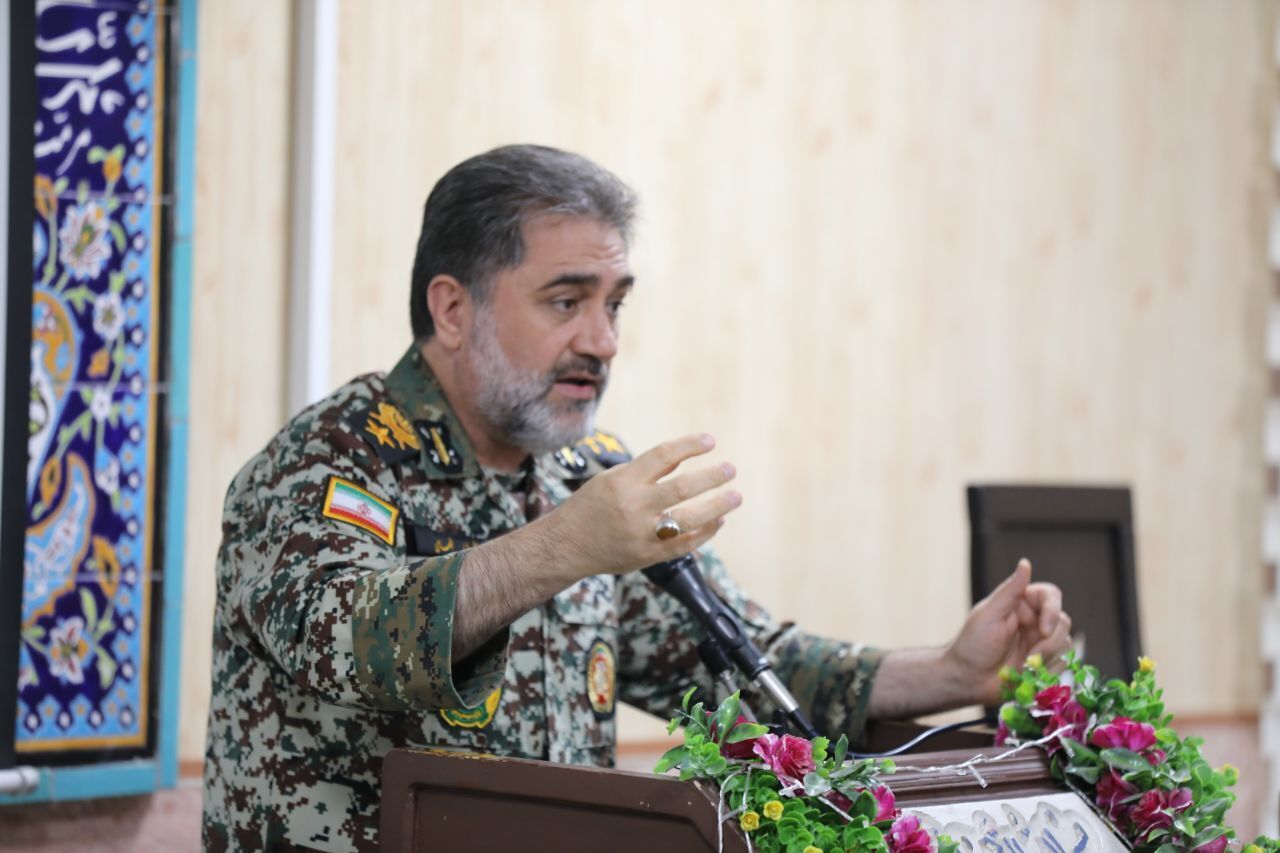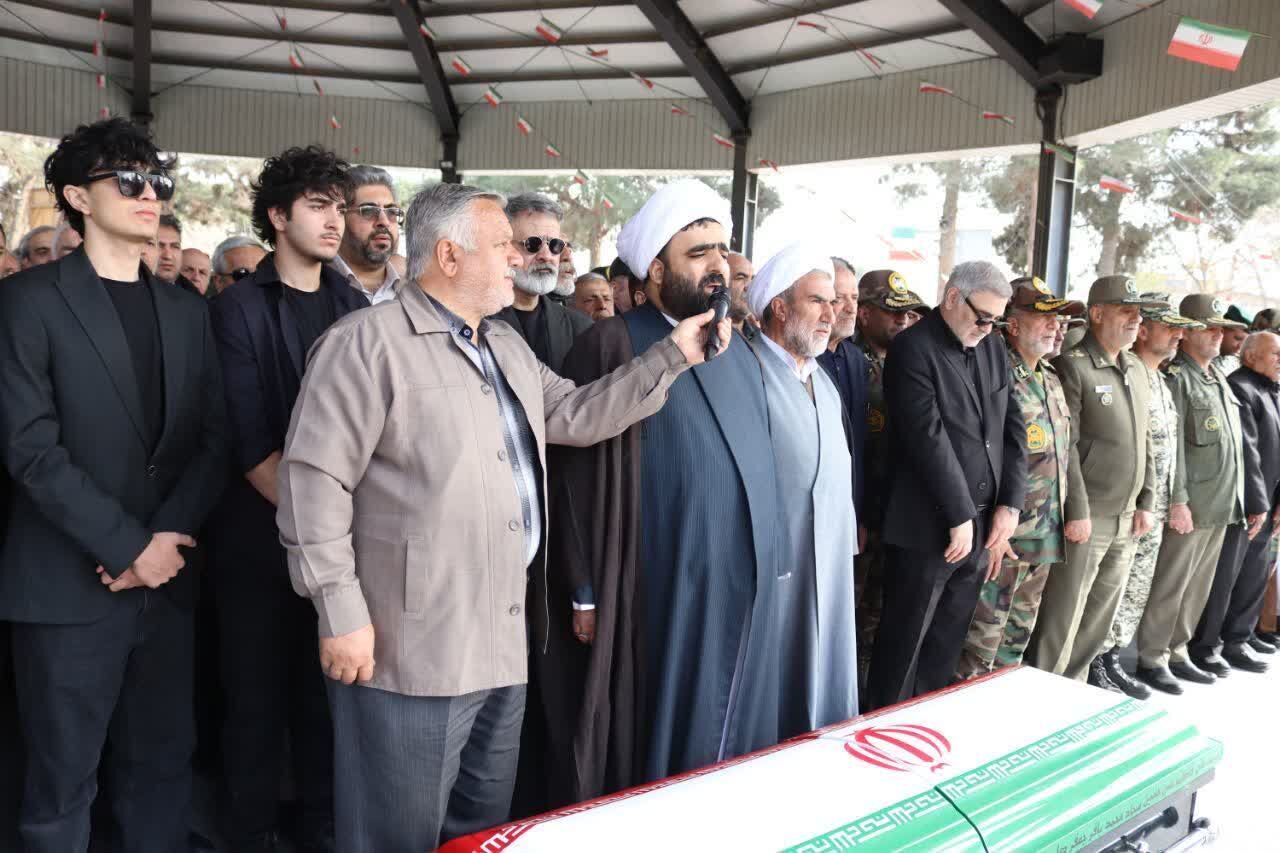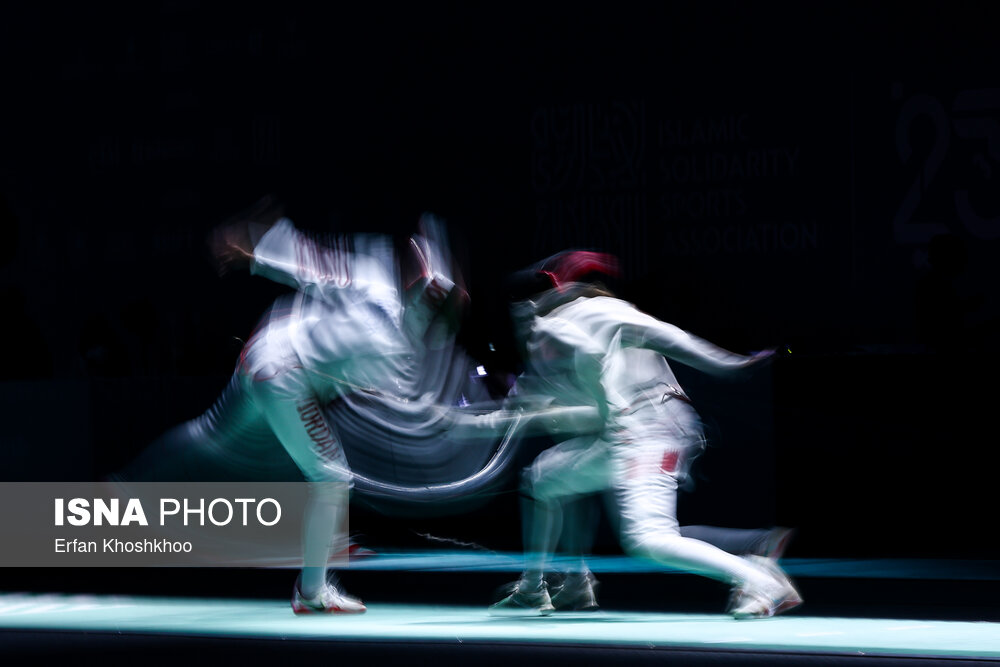Israel is seeking full domination of the region. After Gaza, no Arab country is safe
Israel is seeking full domination of the region. After Gaza, no Arab country is safe

Since October 2023, Israel has waged a regional war aimed not only at dismantling Palestinian resistance, but at breaking a people, redrawing political geography, and forcing regional acceptance of Israeli primacy as a settled fact.
This is not a free-floating security posture. It is the continuation of a settler-colonial project that treats Palestinian life as worthless, Arab sovereignty as disposable, and US protection as assured.
For Israel, two tracks run together. One pushes economic and diplomatic integration to enforce Israel’s centrality. The other relies on overwhelming force to crush opposition across the map.
The first is marketed under the illusion of “peace and prosperity”. The second is the Iron Wall in practice. In both cases, the strategic horizon is domination.
Gaza is at the core of this project. The scale and duration of the genocide reveal a logic of elimination that targets the social and material foundations of Palestinian life, then sells the result as proof of an undefeatable regional power.
The humanitarian record is staggering - and it keeps getting worse, with Israel planning a full military takeover layered on mass killing, displacement, starvation, and repeated strikes in dense urban areas.
Evacuation orders channel civilians into overcrowded southern zones with non-existent shelter. This is a campaign against the infrastructure of collective existence, staged to teach the wider region a cruel lesson about who sets the terms.
Deeper strikes
This logic does not stop at Gaza. On the northern Lebanon front, Israel has entrenched displacement and normalised cross-border strikes. To the northeast, the years-long campaign in Syria has widened, mixing continued occupation with deeper strikes that test how much the new Syrian regime will tolerate.
To the south, Houthi attacks and a maritime blockade have turned the Red Sea into a pressure valve that links Gaza to global shipping and insurance markets. Israel’s own Eilat port has been hammered, with traffic collapsing and jobs at risk.
The message is perverse and plain: even the economic arteries that a New Middle East was supposed to consolidate are being sacrificed to sustain the Iron Wall.
Follow Middle East Eye's live coverage of the Israel-Palestine war
Israel’s recent strike in Doha made the scope unmistakable. Targeting Hamas negotiators inside the mediator’s capital, itself a close US partner and host to Washington’s principal base in the Gulf, announced a rule set with brutal clarity: talks confer no immunity, sovereignty confers no protection, and proximity to US assets confers no deterrence.
This posture rests on a familiar bet about Washington’s behaviour. The US will protest and recalibrate rhetoric, but it will continue underwriting Israeli freedom of aggression.
The jolt in Gulf markets and the scramble among regional capitals showed that governments received the signal and understood the implications of not deterring a pariah state that deploys state terrorism in its most shameless form.
Since the 2020 Abraham Accords, Israel pursues normalisation at the very moment it is escalating military aggression on multiple fronts
None of this is new in principle. Zeev Jabotinsky’s Iron Wall posited that only force compels acceptance. Force in this reading is not limited to battlefield victory, but aims at moral and psychological defeat. Once meaningful resistance is crushed, the promise of the New Middle East is activated.
Former Prime Minister Shimon Peres presented regional growth and interdependence as the payoff. In practice, this means integration on Israeli terms.
What has changed since the 2020 Abraham Accords is simultaneity. Israel pursues normalisation at the very moment it is escalating military aggression on multiple fronts.
In practical terms, this looks like deeper incorporation into US regional security structures, expansion of shared air and missile defence networks, and continued flows of trade, finance and technology with selected partners.
In moral terms, it forces Arab regimes to treat the destruction of Gaza, the annexation of the West Bank, and extraterritorial aggression as costs that can be absorbed in exchange for projects, access and favour in Washington.
Leverage surrendered
The US is the indispensable enabler. It supplies money, diplomatic cover, and the security instruments that turns Israeli aggression into a regional system. Israel’s shift into Centcom made joint warning, access and interception easier to coordinate - a fact demonstrated during Iran’s large drone and missile attacks this year and last, as regional and US assets helped defend Israel.
This is how the two tracks meet. US protection lowers the political price of Israeli escalation and raises the material value of partnering with Israel for Arab capitals that rely on American security guarantees. It also teaches a corrosive lesson: if there is no meaningful cost for the Gaza genocide or for striking a US partner’s capital, then “cooperation” is no more than complicity.
The recent Arab-Islamic summit in Doha ended with a rhetorical communique widely seen as a failure of political will. Rather than marshalling a credible deterrent to check Israel’s widening aggression, the meeting produced no decisive practical measures.
Predictably, within hours, Israel struck civilian targets in Lebanon and Yemen - two countries whose representatives’ speeches merely offered the dated, hollow language of “peace” - and stepped up its genocidal campaign in Gaza.
The gathering was a historic opportunity not only to defend Arab and regional sovereignty and end the genocide, but to forge collective leverage capable of reshaping the emerging world order. Instead, the summit surrendered that leverage when it mattered most.
Yet outside the region, the centre of gravity has moved. Western publics that once kept their distance now treat Palestine as a daily question of politics and ethics. Streets fill, week after week, with mass marches.
Civil society has shifted from statements to action: trade unions and professional bodies are voting for boycotts and arms embargoes, city councils are passing resolutions, and community groups are organising aid convoys. Universities have become a front line, with encampments, faculty votes, and alumni pressure challenging institutional partnerships that ignore Palestinian rights. Direct action is back too, from port blockades to renewed flotilla efforts aiming to break the siege and carry relief towards Gaza.
This wave does not end a war by itself. It does, however, expose the irony that while Israel is increasingly disdained globally for its war crimes, some Arab regimes still tout regional integration, suggesting that the New Middle East can be built on the ruins of Gaza.
Strategic voice
So what would a responsible regional position look like? Israel is pursuing aggression and colonial expansion under US protection. Palestinian life is the terrain upon which that agenda is advanced, and neighbouring Arab territories - and distant Arab sovereignties - are systematically targeted as well. Accepting this as the new normal is complicity against oneself.
Secondly, regimes must move from statements to leverage by ending diplomatic ties, security cooperation, economic exchanges, and the public face of normalisation.
Finally, the region needs to recover its strategic voice. A credible Arab position would require no Israeli aggression on Arab soil, no use of Arab airspace or facilities of any kind, and no security projects with the pariah state.
Instead, Arab regimes and regional powers, including Iran and Turkey, must set aside traditional hostilities - even if only temporarily - to establish a regional front that ends Israel’s aggression and expansionist aims once and for all.
These are the minimal steps required, without which the two-track project will grind on. Israel will keep pressing opponents and normalisers alike, while banking on US backing and Arab caution.
Before any conclusion, one more turn in the road: Trump’s “20-point plan” to "end the war in Gaza", warmly welcomed by Netanyahu, does not restrain Israel but effectively institutionalises its objectives. Its deliberate ambiguity gives Netanyahu ample room to manoeuvre and bend each clause to his interests, while several Arab and Islamic capitals have signalled support with little scrutiny.
If advanced, this ultra-colonial blueprint would not only blunt Israel’s growing international isolation; it would fold Israel more tightly into a US-backed regional order as the uncontested power and set the countdown toward the final liquidation of one of the most just causes of the modern era.
The people who pay first will be Palestinians. Next will be Arab societies who discover too late that passivity has a price.
The views expressed in this article belong to the author and do not necessarily reflect the editorial policy of Middle East Eye.





